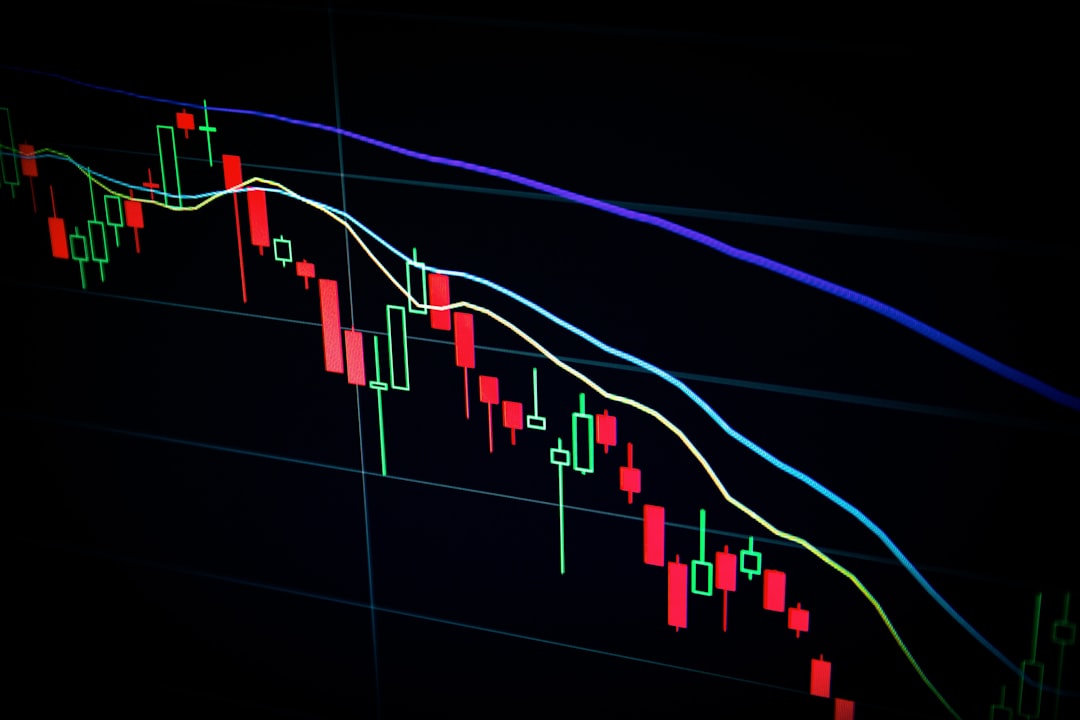Inflation in the United States has been stubborn and a matter of concern for policymakers. For March, the consumer price increase rose by 3.5% on a year-on-year basis, which was more than expected. That dashed hopes of an interest rate cut relatively soon. If GDP growth disappoints, concerns related to a potential hard landing will increase. From an investment perspective, the scenario calls for exposure to blue-chip stocks for inflation and possible market volatility.
An important point to note is that rate cuts can potentially boost GDP growth. At the same time, easy money policies are positive for the markets. Therefore, if rate cuts continue to be delayed, there will likely be a correction. That strengthens the case for investing in low-beta blue-chip stocks.
I must, however, add that I believe the first-rate cut will likely be before the presidential election. Therefore, any correction of 5% or 10% would be a good opportunity to accumulate quality stocks. For now, let’s discuss three blue-chip stocks for inflation.
Lockheed Martin (LMT)
The defense sector is immune to factors of inflation or recession. As a matter of fact, global defense spending increased even during the pandemic year. With heightened geopolitical tensions, Lockheed Martin (NYSE:LMT) is a good stock to consider.
It’s worth noting that LMT stock has remained sideways for the last 12 months. The stock trades at an attractive forward price-earnings ratio of 17.5 and offers a dividend yield of 2.76%. Considering the valuations, I expect a strong breakout on the upside.
Lockheed ended Q4 2023 with a strong order backlog of $160.6 billion. The company’s order backlog has continued to swell and points to accelerated revenue growth in the coming quarters.
The company has guided for free cash flow of $6.2 billion for the year. There is clear visibility for dividends, share repurchase and investment in R&D. I must add that with a portfolio of advanced defense technology solutions, Lockheed is ahead of the curve when it comes to innovation-driven growth.
AstraZeneca (AZN)
The biopharmaceutical sector is also immune to factors of recession or high inflation. However, the sector has been depressed after the pandemic. I see that as a good buying opportunity in some quality biopharmaceutical stocks.
AstraZeneca (NASDAQ:AZN) stock has remained sideways in the last 12 months and looks attractive at a forward price-earnings ratio of 16.3. Further, the stock offers a healthy dividend yield of 2.12% and I am bullish on healthy total returns in the next 24 months.
Specific to the business, AstraZeneca has a strong pipeline of clinical candidates. Currently, 178 projects are in the pipeline, with 17 new molecular entities in the late stage. That provides revenue growth visibility, with several late-stage candidates having blockbuster potential.
Besides the product pipeline, AstraZeneca has a diversified geographic presence. That is another catalyst for growth. As an example, the company’s emerging market growth was 20%. However, excluding China, growth in EMs was 35% on a year-on-year basis.
Barrick Gold (GOLD)
Even with the possibility of delay in rate cuts, gold continues to trade near $2,400 an ounce. There are multiple reasons for the bullish trend in gold. First, rate cuts are coming, even if it’s towards the end of the year. Further, geopolitical tensions are positive for precious metals. It’s worth noting that central banks continue to buy gold to diversify their reserves.
Therefore, it’s a good time to remain invested in gold miners. Barrick Gold (NYSE:GOLD) is among the attractive names to consider and looks undervalued at a forward price-earnings ratio of 17.9. GOLD stock also offers a dividend yield of 2.40%, and I expect healthy dividend growth.
It’s worth noting that Barrick reported Q1 2024 production that was lower than Q4 2023. However, this was due to “planned maintenance at Nevada Gold Mines and mine sequencing at various sites.” As production inches higher in the coming quarters, I expect GOLD stock to rally.
Further, higher realized gold prices will imply healthy cash flows. Last year, Barrick reported operating cash flow of $3.7 billion. The current year OCF will likely be more than $4.5 billion. That will provide ample headroom for dividend growth and aggressive exploration investments.
On the date of publication, Faisal Humayun did not hold (either directly or indirectly) any positions in the securities mentioned in this article. The opinions expressed in this article are those of the writer, subject to the InvestorPlace.com Publishing Guidelines.
